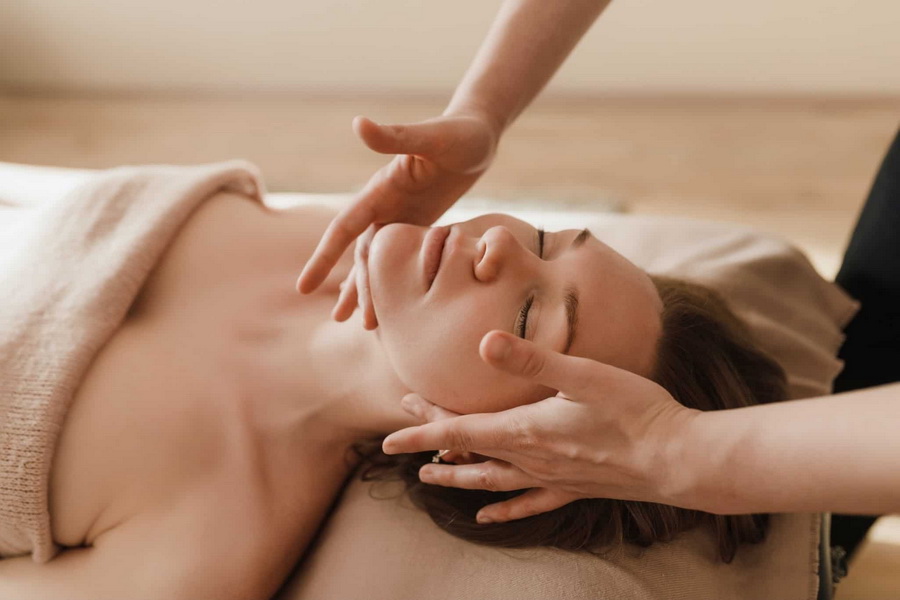Massage therapy as a tool to help promote mental health

In the hustle and bustle of our modern lives, where stress and anxiety seem to be constant companions, finding effective ways to promote mental well-being is crucial. One often-overlooked but powerful tool in this quest is massage therapy. Beyond its well-known benefits for physical relaxation, massage therapy has emerged as a holistic approach to mental health, offering relief from the burdens of stress, anxiety, and depression. In this article, we will explore the profound impact of massage therapy on mental well-being and why it deserves a place in your self-care routine.
Understanding the Connection
The mind-body connection is a fundamental aspect of overall health, and massage therapy serves as a bridge between the two. The healing touch of a skilled massage therapist can have profound effects on the nervous system, promoting relaxation and reducing the production of stress hormones such as cortisol. As tension is released from the muscles, the mind follows suit, creating a harmonious balance between body and mind.
Stress Reduction
Chronic stress is a silent but potent adversary to mental health. Massage therapy acts as a powerful ally in the battle against stress by triggering the relaxation response in the body. Through various techniques such as Swedish massage, deep tissue massage, and aromatherapy, massage therapists target areas of tension, promoting the release of endorphins—the body’s natural mood elevators. This not only provides immediate relief but also contributes to long-term stress management.
Anxiety Alleviation
For those grappling with anxiety disorders, massage therapy offers a non-pharmacological approach to alleviating symptoms. The calming touch and rhythmic movements of massage can reduce anxiety levels by promoting a sense of safety and comfort. Additionally, the release of muscular tension aids in quieting the overactive mind, allowing individuals to experience a mental stillness that is often elusive in the face of anxiety.
Depression Management
Depression, characterized by persistent feelings of sadness and hopelessness, can also benefit from the therapeutic effects of massage. While it’s not a substitute for professional mental health care, massage therapy can complement traditional treatments by providing a safe and nurturing environment. The increased circulation and improved sleep quality associated with massage contribute to an overall sense of well-being, making it a valuable tool in the management of depressive symptoms.
Enhanced Sleep Quality
Quality sleep is paramount to mental health, and massage therapy has been shown to contribute significantly to improved sleep patterns. By reducing stress and promoting relaxation, massage helps regulate sleep-wake cycles, leading to better sleep quality. The physical and mental rejuvenation experienced during a massage session can create a positive ripple effect on nightly sleep, fostering a more rested and resilient mind.
Boosting Mindfulness and Body Awareness
In our fast-paced world, cultivating mindfulness and body awareness is essential for mental health. Massage therapy encourages individuals to be present in the moment, focusing on the sensations and movements of the body. This heightened awareness can translate into improved stress management, emotional regulation, and an overall sense of connectedness between the body and mind.
Conclusion
In the quest for mental well-being, it’s essential to explore a variety of tools and approaches. Massage therapy stands out as a holistic and effective means of promoting mental health, offering benefits that extend beyond the physical realm. Whether you’re seeking relief from stress, anxiety, or depression, incorporating regular massage sessions into your self-care routine can be a transformative step towards a healthier and more balanced life. The healing touch of massage therapy might just be the missing piece in your journey to optimal mental well-being.

